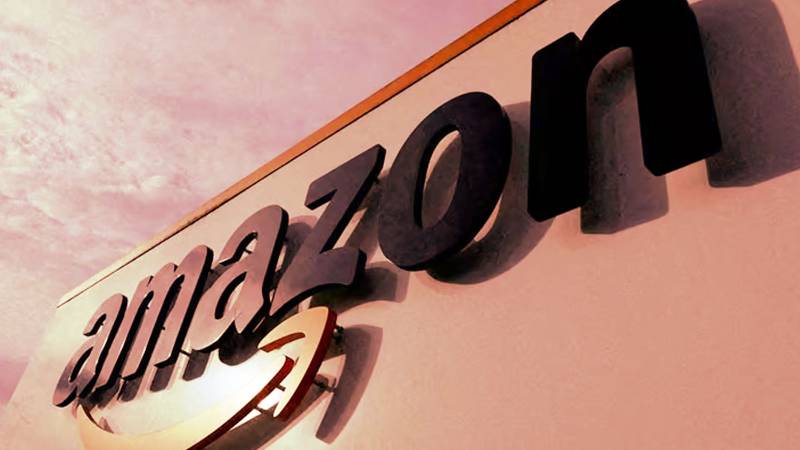
The U.S. Federal Trade Commission said in a new court filing on Thursday that Amazon.com (AMZN.O.) employed a number of illicit tactics to increase profits at its online retail business, including an algorithm that increased prices paid by American consumers by more than $1 billion.
The FTC case was filed in September, but many facts remained hidden until Thursday when a version of the lawsuit in U.S. District Court in Seattle with fewer redactions was made public.
Amazon developed a "secret algorithm internally code-named 'Project Nessie' to identify specific products for which it predicts other online stores will follow Amazon's price increases.
Amazon used Project Nessie to extract more than a billion dollars directly from American consumers' wallets," according to the Federal Trade Commission. Amazon has one billion items in its online superstore.
The FTC "grossly mischaracterizes" the pricing tool, according to Amazon spokesperson Tim Doyle, and the business ceased utilizing it some years ago.
"Nessie was used to try to stop our price matching from resulting in unusual outcomes where prices became so low that they were unsustainable," Doyle stated.
According to the lawsuit, Amazon started experimenting with its pricing algorithm in 2010 to determine whether other online merchants were following its prices and to increase the price of goods that they thought other competitors could be tracking.
The FTC claimed that Amazon would continue to sell the goods at an inflated price even after other merchants started matching or raising their own pricing, resulting in an excess profit of $1 billion.
According to the FTC, Amazon stopped using its algorithm during its Prime Day sales events and the Christmas shopping season, when the online retailer was the focus of increased attention from the media and customers.
"After the public's focus turned elsewhere, Amazon turned Project Nessie back on and ran it more widely to make up for the pause," the lawsuit said.

